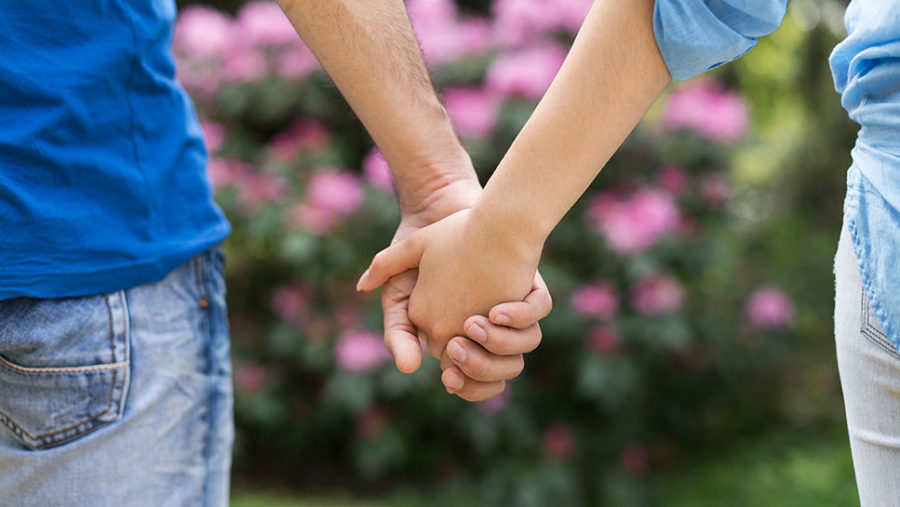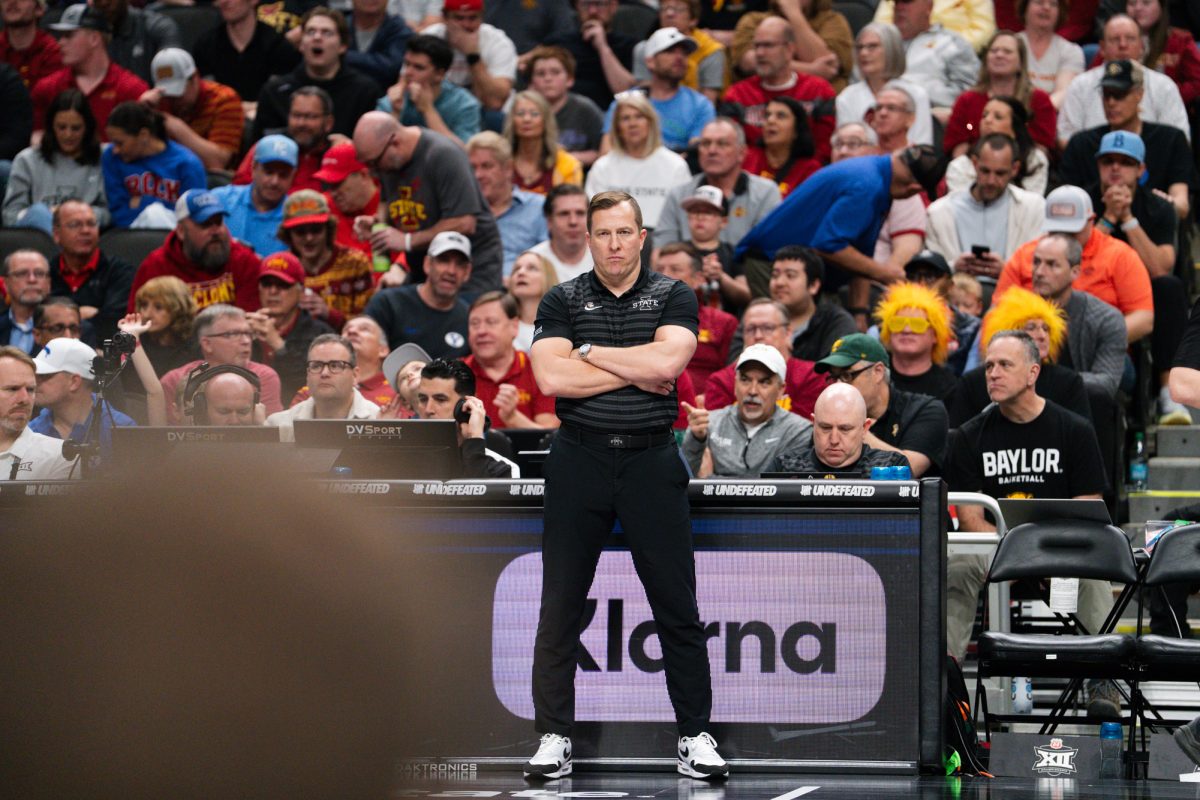Signs that indicate your relationship is unhealthy
Noticing unhealthy behavior in your partner can be difficult, but there are some common indicators of manipulative behavior.
April 5, 2021
In college, it can be difficult for individuals to spot the signs of a toxic relationship and it can be even harder to remove yourself from one.
While those in these relationships may not always have the knowledge of what to look for, understanding red flags and warning signs that your relationship may not be entirely healthy can help keep you from unwanted situations and give you a more peaceful future.
“It’s usually easier for an outsider to recognize when someone is being abused by an unhealthy or toxic person,” Coach Lee, a professional relationship coach, said. “This is usually because the person in such an unhealthy relationship will allow their desire for friendship or love to blind them to the actions and abuse of their friend or partner.”
With toxic relationships, there are often red flags that may show up earlier or later into the relationship. However, the difficulty is that distinguishing these behaviors between what is normal and what is toxic or abusive can sometimes seem almost impossible to decide between, especially for the person who the behaviors are being targeted toward.
In relationships, it is very common for the individual being mistreated to want to give the other individual the benefit of the doubt, especially if there has already been a strong connection formed between the two parties.
“A person in such a situation will often justify and excuse the person’s actions that hurt them,” Lee said. “Justifying the inexcusable is a red flag in itself because it often means that the abuser is very skilled in his or her control of the other person.”
For some, even knowing what to look for can seem like a monumental task. Red flags can often be subtle and present slowly, so taking a step back from the situation can many times be crucial.
“Manipulation is one of the reddest of the red flags of being in a toxic relationship,” Lee said. “Someone who manipulates will use stress, pain, fear, intimidation and a whole list of other things to get you to do what they want or change to how they want. Peer pressure, as cliché as that can sound, is another red flag. The pressuring party will often want you to take part in their unhealthy actions or try to drag you into situations.”
With toxic relationships, while the first struggle oftentimes is coming to understand the situation you or someone else you know may be in, often the next challenging step is figuring out how to rid yourself of the situation.
Many individuals may often need the help of others around them to not only help them understand their relationship may be unhealthy or dangerous, but also to help them understand they can leave and gain the resources to do so.
“If you suspect a friend is in an unhealthy relationship, you might also notice that they isolate themselves with the person or simply by themselves,” Lee said. “When two people are romantically involved, it can be natural to spend most of their free time together, the difference is that an unhealthy relationship will have one person demanding such isolation by manipulation and control. Watch for changes in behavior and decreases in confidence. Self-insulting is another red flag — especially if this is a new behavior. For example, if they insult themselves about their weight while they are eating — especially if it’s a perfectly healthy food — they could be in a relationship where the other person uses insults to try and change them.”
One of the hardest aspects of toxic relationships can often be that the individual may not be a stereotypically horrible or abusive person. Oftentimes, there is an image of an abuser that we have preconceived but situations and individuals can turn out to be more nuanced and less black and white.
“People sometimes manipulate, control, insult, pressure and use people without being narcissists or toxic people,” Lee said. “We all have weak, immature moments. The danger and the sign that a relationship with such a person is a bad idea is when such things are not occasional blips or mistakes but more of a style or trait.”
Toxic relationships can be a struggle for everybody involved, and many times one of the most important things that can be given to those struggling is support, education and encouragement.
“If someone constantly manipulates, uses, controls and leverages someone’s friendship or love, they demonstrate that a relationship with them will most likely be unhealthy for the other person,” Lee said. “Good people do bad things, but bad people do them habitually. We are wise to recognize the difference.”







